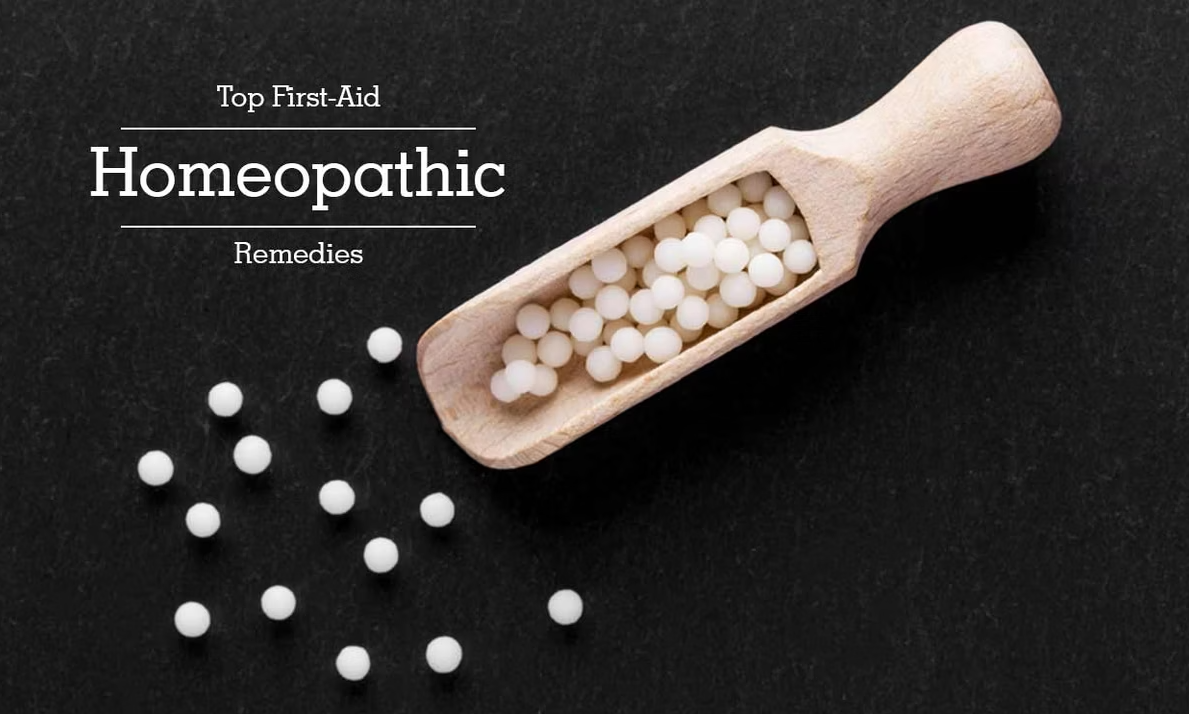
- Homeopathy
- August 27,2024
- BY Shelly Sharma
- 0 Comments
Emerging trends, research, and innovations in the field
Homeopathy, a system of medicine with over two centuries of history, has long been regarded as an alternative or complementary approach to conventional treatment. Despite its traditional roots, homeopathy is far from stagnant. Recent advancements in science and technology are shedding new light on its principles, offering exciting possibilities for the future. Emerging trends, cutting-edge research, and innovations in the field are not only validating homeopathy but also positioning it as a scientifically viable alternative to conventional treatments.
Nanoparticles and Quantum Science: Unveiling the Mechanisms of Homeopathy
One of the most significant developments in the future of homeopathy is the exploration of nanoparticles and quantum science. Traditional homeopathic remedies are based on the principles of potentization, where substances are diluted to the point where the original molecules may no longer be detectable. This has led to skepticism, with critics arguing that highly diluted remedies cannot possibly have any therapeutic effect. However, recent research is challenging this notion.
Studies in nanotechnology have revealed that even in highly diluted homeopathic remedies, nanoparticles of the original substance can still be present. These nanoparticles are believed to carry the “information” or energetic imprint of the original substance, which may explain the therapeutic effects observed in homeopathic practice. This groundbreaking discovery is providing a scientific basis for homeopathy, offering a plausible mechanism for how these remedies work at the molecular level.
Quantum science is also contributing to our understanding of homeopathy. Quantum physics explores the behavior of particles at the subatomic level, where traditional concepts of matter and energy blur. In the context of homeopathy, quantum theory may explain how the energetic properties of a remedy can influence the body’s own energy fields, leading to healing. These insights are opening new avenues for research, bridging the gap between homeopathy and modern science.
In Vitro and In Vivo Research: Scientific Validation of Homeopathy
Another promising trend in the future of homeopathy is the growing body of in vitro (test tube) and in vivo (living organism) research. These studies are providing empirical evidence for the efficacy of homeopathic remedies, further validating the practice.
In vitro studies have shown that homeopathic dilutions can have measurable effects on cells and tissues. For example, research has demonstrated that homeopathic remedies can influence the growth of cancer cells, modulate immune responses, and affect enzyme activity. These findings suggest that homeopathy has a real and quantifiable impact at the cellular level, supporting its use as a legitimate therapeutic modality.
In vivo studies, conducted on animals and humans, are also yielding positive results. For instance, animal studies have shown that homeopathic remedies can alleviate symptoms of diseases such as arthritis, respiratory infections, and gastrointestinal disorders. These studies are particularly important because they demonstrate the efficacy of homeopathy in a controlled, biological context, providing strong evidence that homeopathy can work in living organisms.
Moreover, clinical trials in humans are increasingly showing that homeopathy can be an effective treatment for a variety of conditions, ranging from chronic pain to mental health disorders. These trials are helping to build a robust evidence base for homeopathy, paving the way for its wider acceptance in the medical community.
Innovations in Homeopathic Practice: Integrating Technology and Personalized Medicine
The future of homeopathy is also being shaped by innovations in practice, particularly in the areas of technology and personalized medicine. As digital health technologies continue to evolve, homeopathy is poised to benefit from these advancements, making treatments more precise, accessible, and effective.
One of the most exciting developments is the use of artificial intelligence (AI) in homeopathy. AI can analyze vast amounts of data to identify patterns and correlations that might be missed by human practitioners. This can enhance the accuracy of remedy selection, leading to more effective treatments. AI-driven tools are also making it easier for homeopaths to track patient progress, adjust treatments as needed, and provide personalized care that is tailored to the individual’s unique needs.
Personalized medicine is another area where homeopathy is making strides. Unlike conventional medicine, which often takes a one-size-fits-all approach, homeopathy has always emphasized the importance of individualized treatment. Advances in genetics and genomics are now making it possible to tailor homeopathic remedies even more precisely to the individual’s unique genetic makeup, lifestyle, and environmental factors. This personalized approach not only improves treatment outcomes but also aligns with the broader trend in healthcare toward more individualized care.
The Future of Homeopathy: A Scientifically Grounded Alternative
As research continues to uncover the mechanisms behind homeopathy and validate its effectiveness, the future of this practice looks increasingly promising. The integration of nanotechnology, quantum science, and personalized medicine is not only enhancing our understanding of homeopathy but also positioning it as a scientifically grounded alternative to conventional treatment.
In a world where chronic diseases are on the rise and there is growing concern about the overuse of pharmaceuticals, homeopathy offers a natural, holistic, and effective approach to healthcare. Its ability to address the root causes of illness, rather than just treating symptoms, makes it an attractive option for patients seeking long-term health and well-being.
As we look to the future, it is clear that homeopathy has much to offer. With continued research and innovation, homeopathy will likely play an increasingly important role in the global healthcare landscape, providing a safe, effective, and scientifically validated alternative to conventional medicine.








